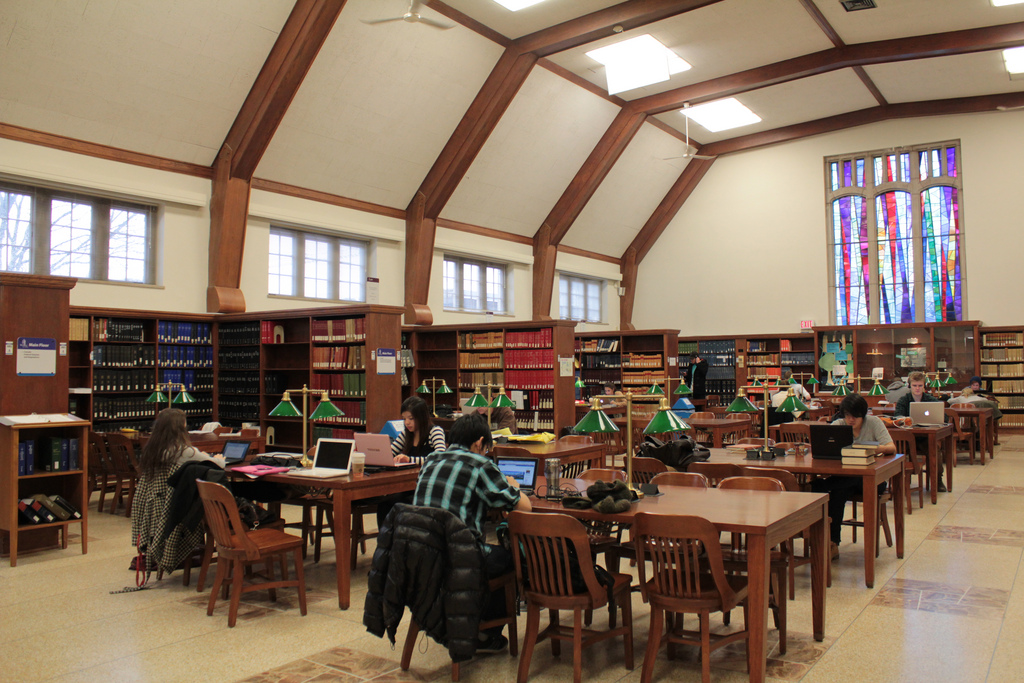Degree
Master of Studies in Law
Program
Studies in Law
Supervisor
Samuel Trosow, Dennis Klimchuk
Abstract
This paper focuses on the intersection of law and music. Specifically, the intersection between music copyright law and music theory, and the role of musicologists and music theorists in copyright infringement cases. In particular, the influence they have on court decisions when acting as expert witnesses, or forensic musicologists. Recent decisions regarding copyright infringement in popular music have been strongly influenced by testimony from these forensic musicologists due to the imbalance of musical understanding between the expert and the court.
Forensic musicology is a form of “public music theory,” an approach used by academics in the music theory field when issues in society rely on the knowledge of professionals, or experts. Public music theory is expected to prioritize public knowledge over analytic methods and should be primarily focused on improving the musical understanding of the public (Jenkins 2021). Unfortunately, this is not often prioritized in the testimony of forensic musicologists. Having been hired to defend one side of an argument, these experts will often force their analyses and are then rarely held accountable for their testimony. This paper offers two solutions. First, the implementation of Schenkerian analysis for analyzing musical works discussed in court cases due to the theory’s legal background and similarity to the legal understanding of “music.” Second, the requirement that experts present their testimony with amicus curiae attached, in an attempt to reduce the possibility of dishonest opinions from experts.
Recommended Citation
Radcliffe, Gillian, "Understanding Music Copyright Through Legal Analysis and Music Theory" (2024). Master of Studies in Law Research Papers Repository. 9.
https://ir.lib.uwo.ca/mslp/9



